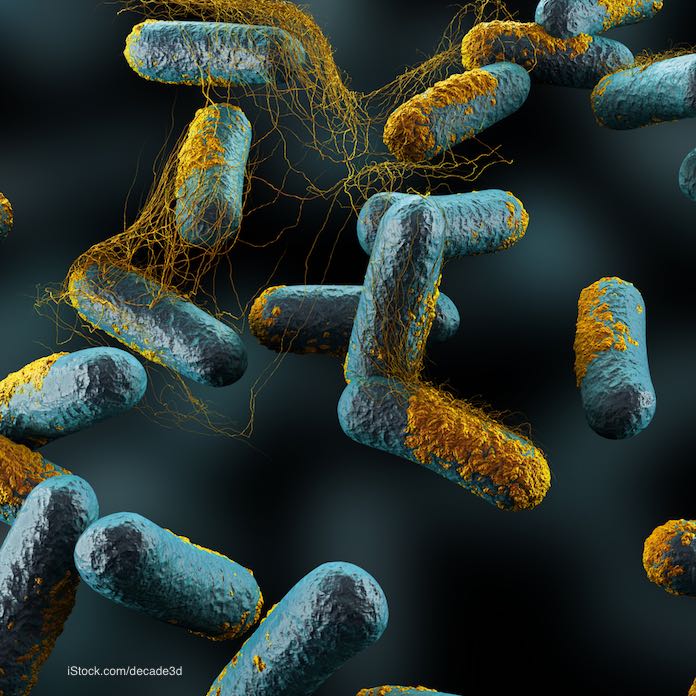Did you know that dust in your house may be housing antibiotic resistant bacteria? A study conducted at Northwestern University has shown that indoor dust bacteria have transferable antibiotic resistance genes. That means the bacteria living in household dust can spread antibiotic resistant genes to other bacteria.

Most of these bacteria are not harmful to people, but researchers think these genes could spread to pathogens such as E. coli of Salmonella. Antibiotic resistance in these bacteria can make human infections more difficult to treat.
Erica Hartmann, an assistant professor of environmental engineering in Northwestern’s McCormick School of Engineering, who led the study, said in a statement, “This evidence, in and of itself, doesn’t mean that antibiotic resistance is getting worse. It’s just one more risk factor. It’s one more thing that we need to be careful about.”
The study was published in the journal PLOS Pathogens. It is titled “Mobilization antibiotic resistance genes are present in dust microbial communities. It was supported by the Alfred P. Sloan Foundation and the Biology & the Built Environment Center at the University of Oregon.
Bacteria can share genes by either dividing (binary fission), or by using horizontal gene transfer. This occurs when the pathogen makes a copy of its genes and “swaps” them with another pathogen. As long as the genes have mobile segments of DNA, this can occur. Hartmann and her team “were the first to find that antibiotic resistance genes in dust microbes have mobile capabilities,” according to the news release.
Not all indoor dust contains bacteria, but some can. Hartmann explained that the bacteria share genes because of the stress of being indoors. Antimicrobial cleaners, a dry environment, or not enough food can all stress bacteria. Hartmann recommends that people clean with a damp cloth, and not use antimicrobial solutions, the overuse of which can lead to antibiotic resistance.




